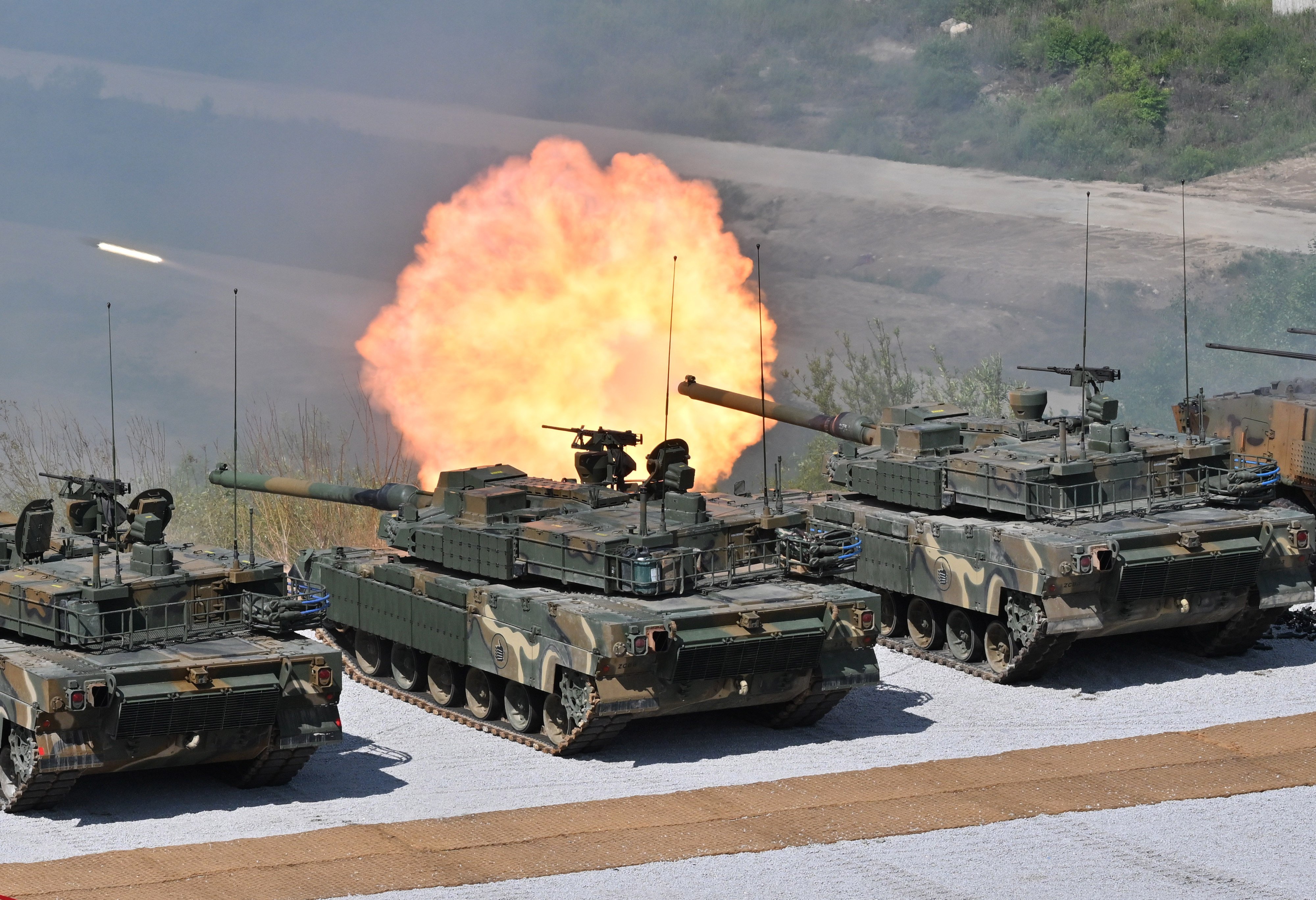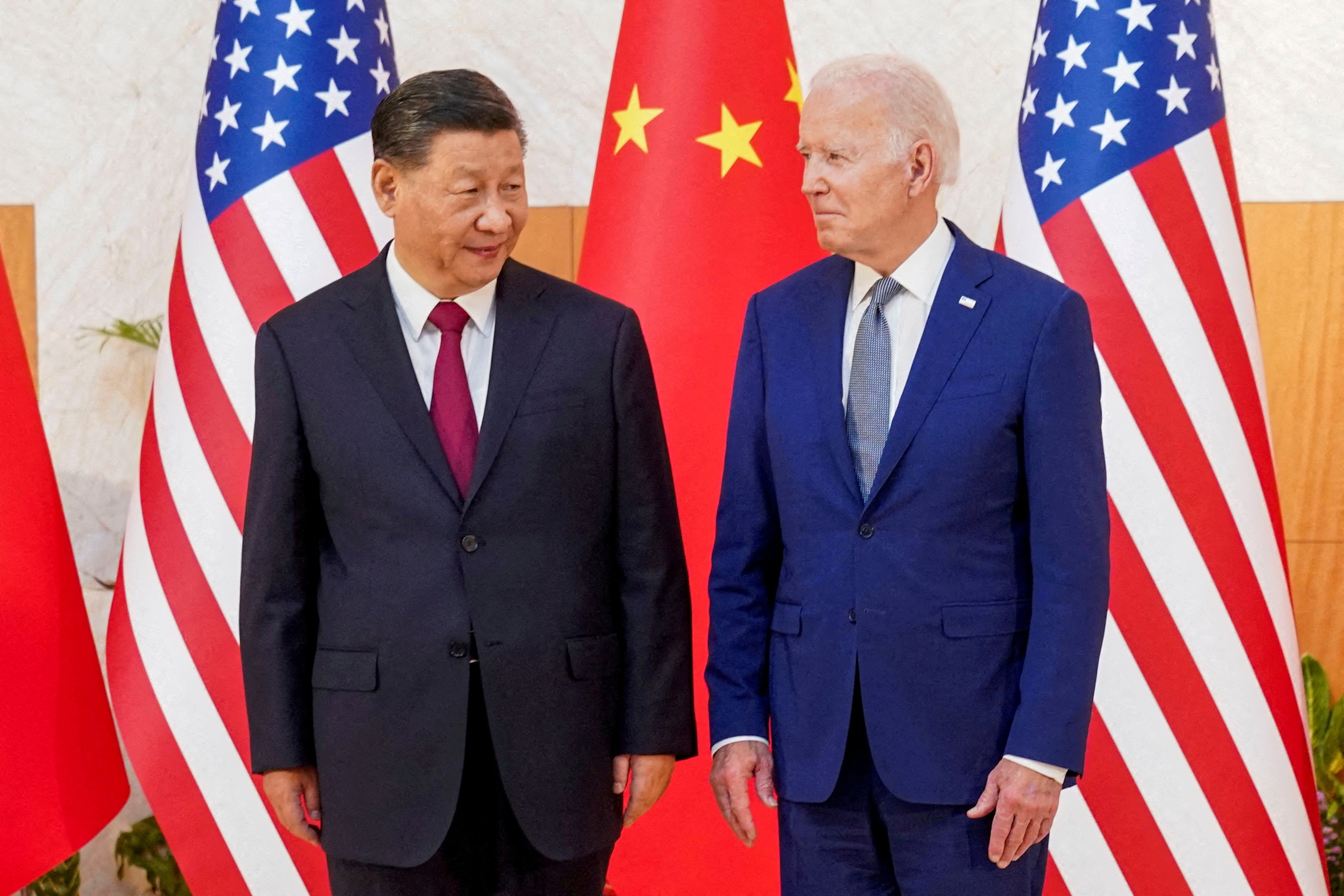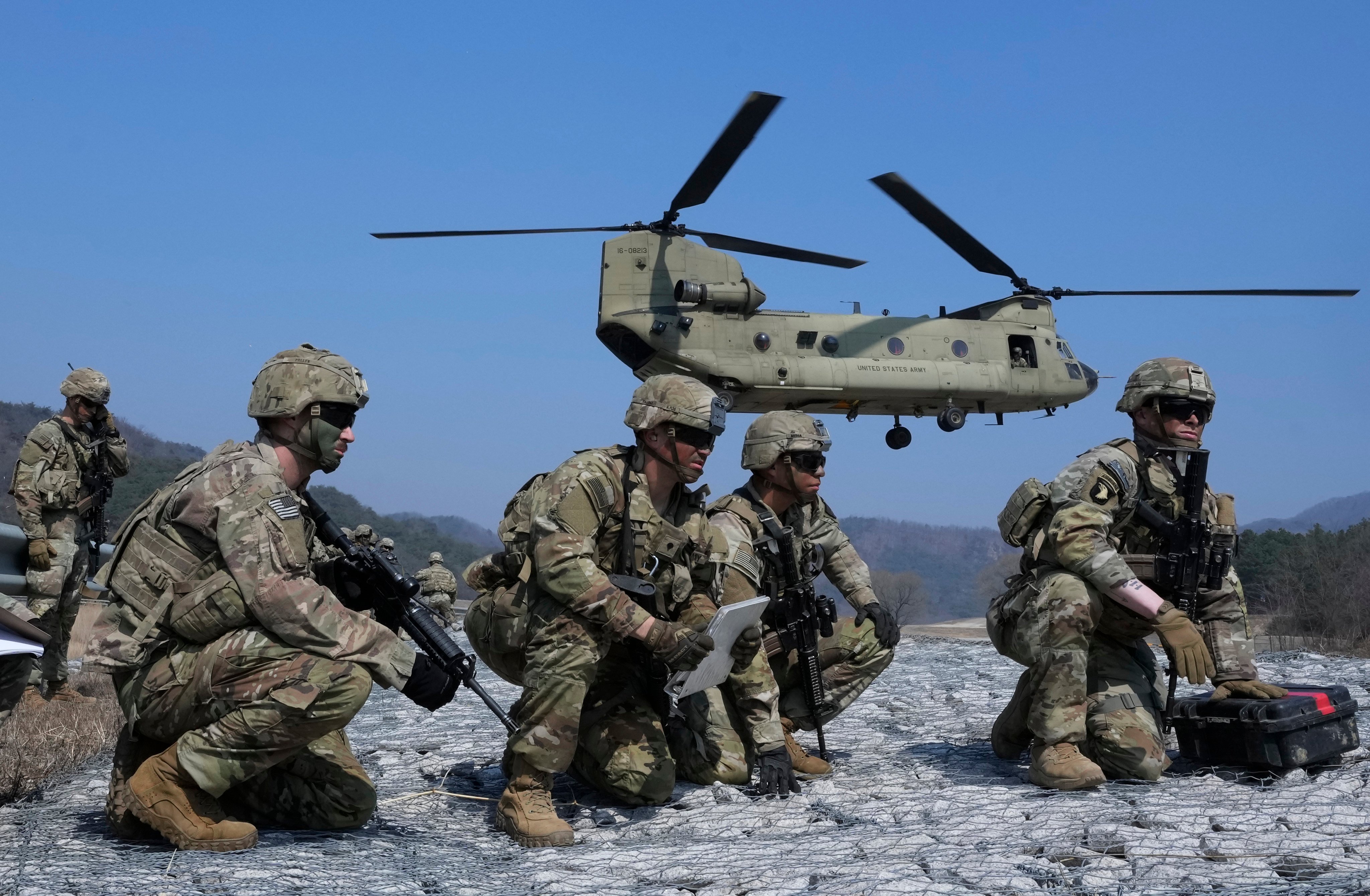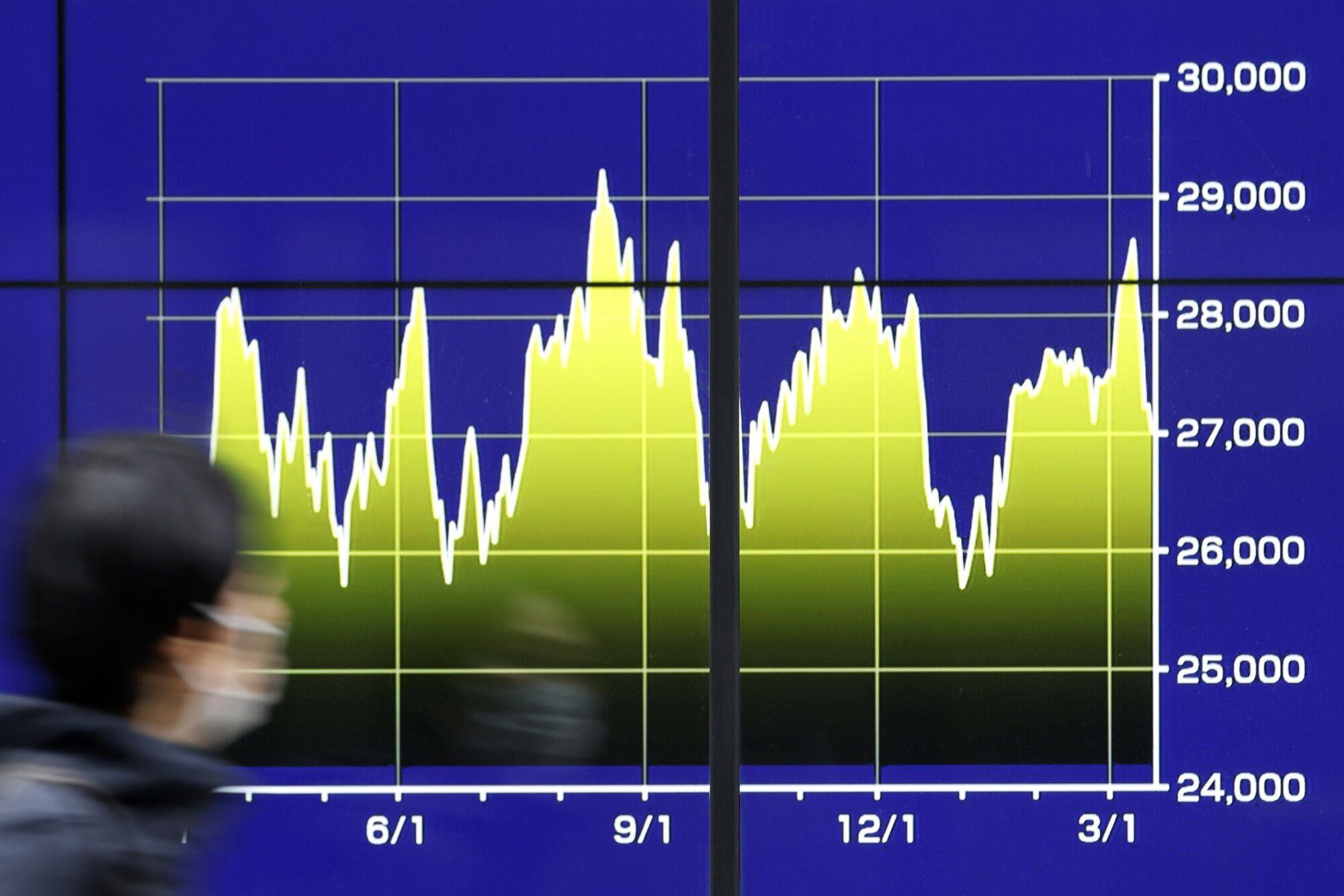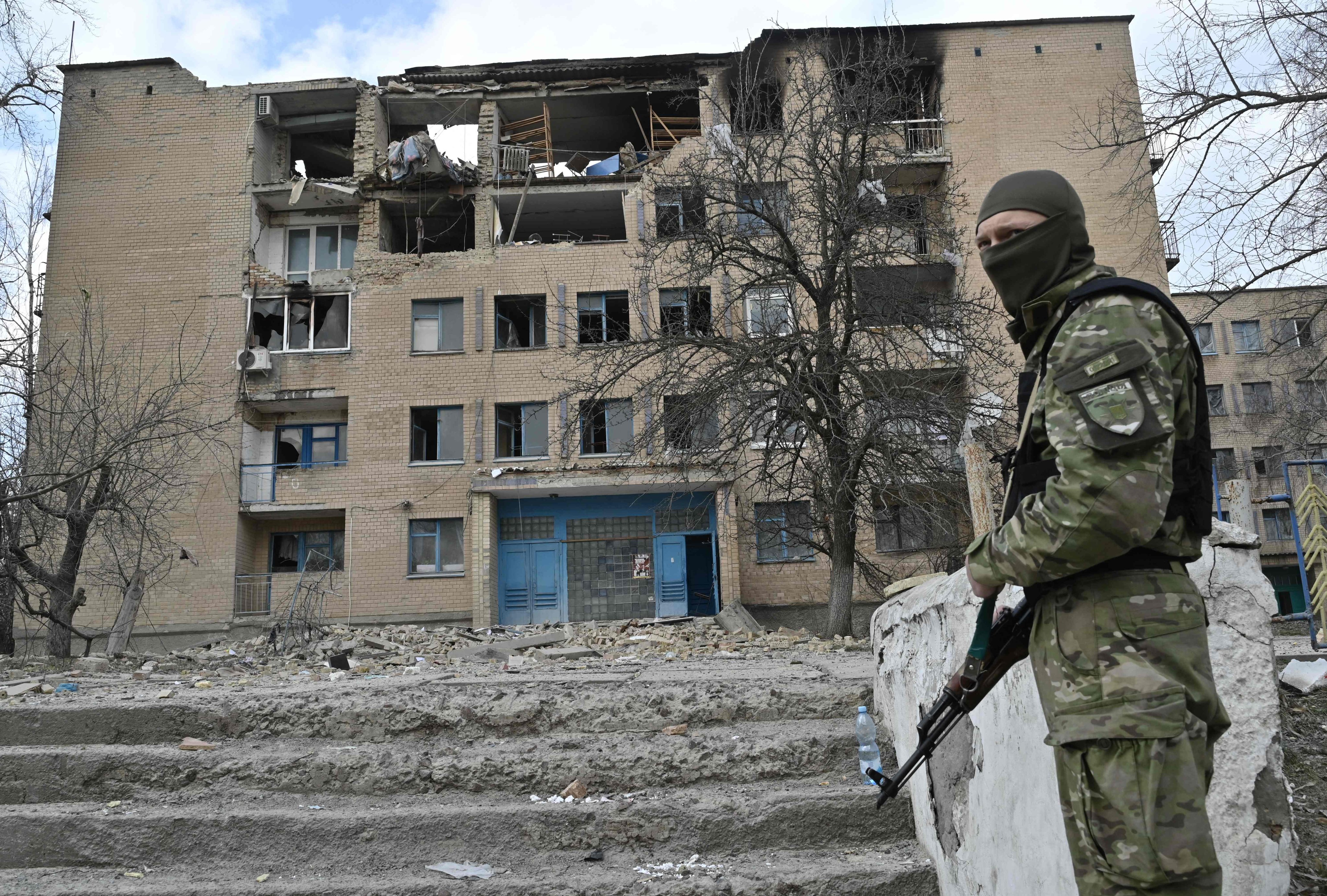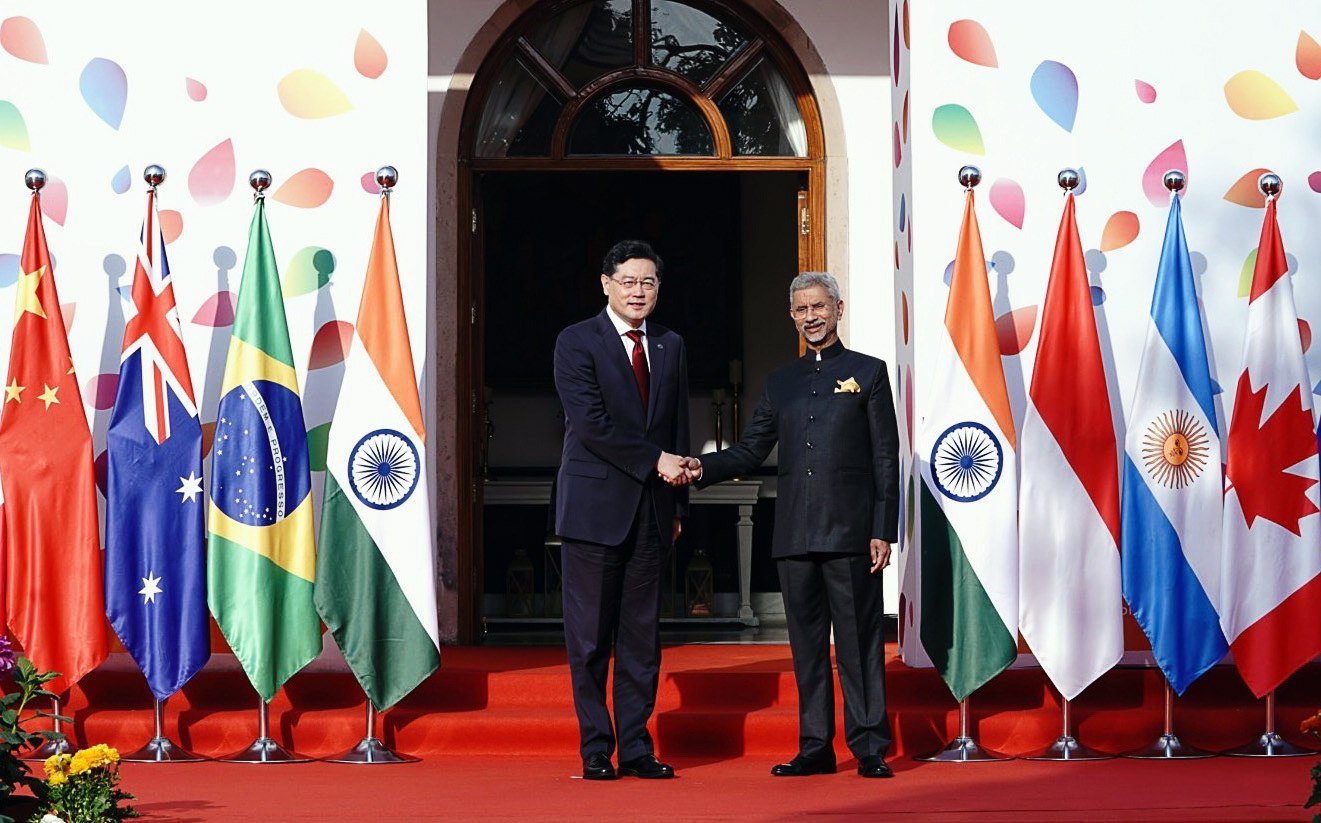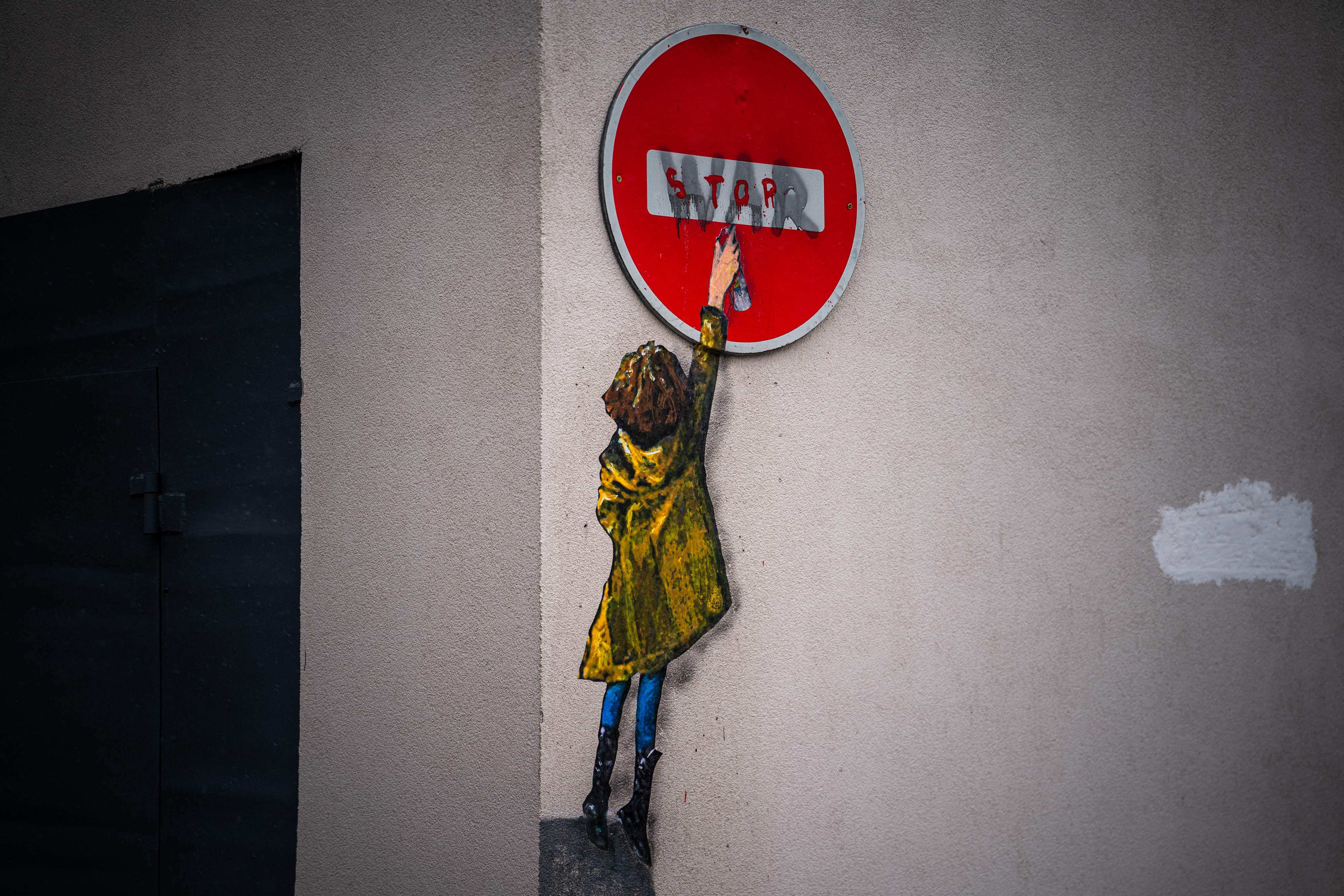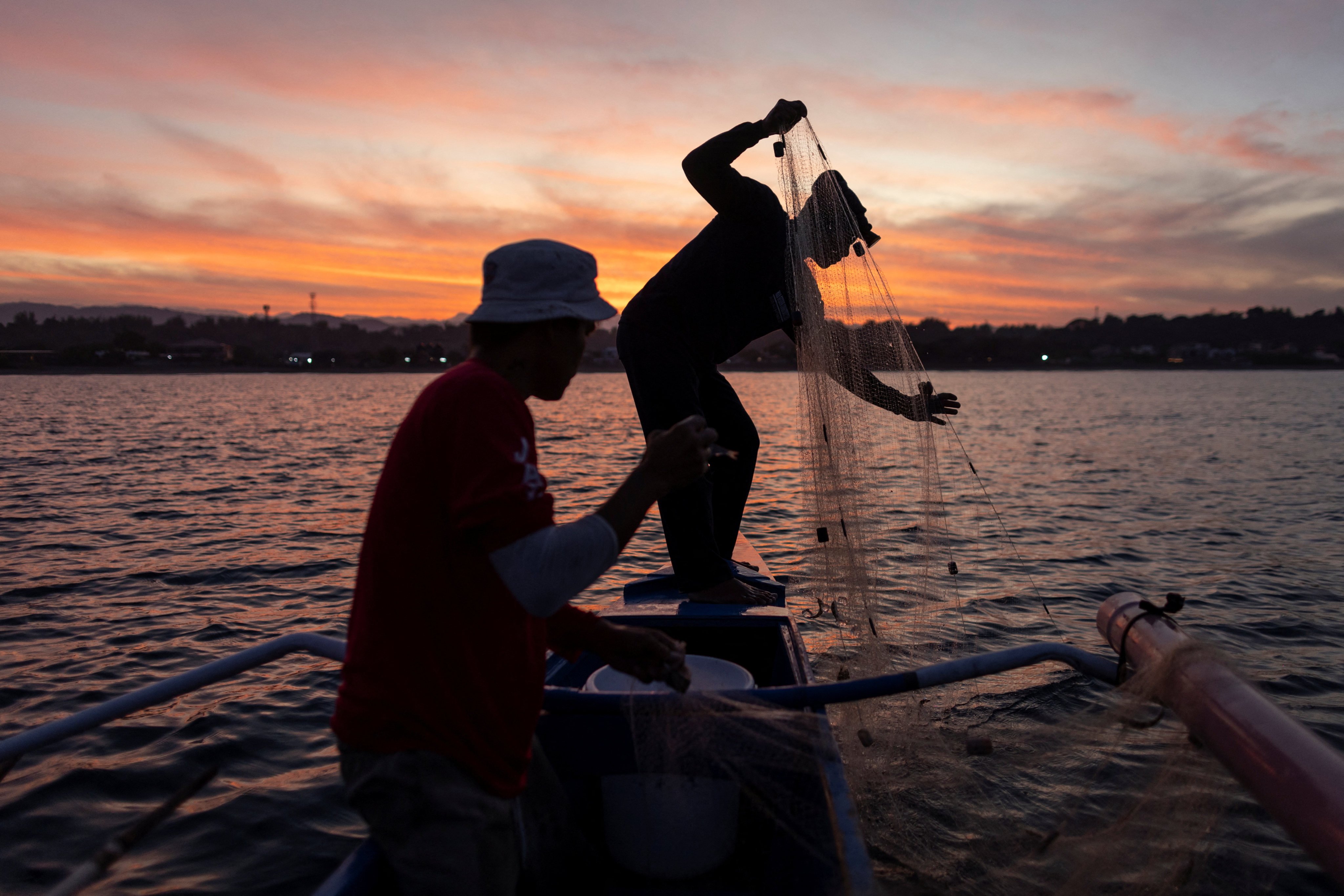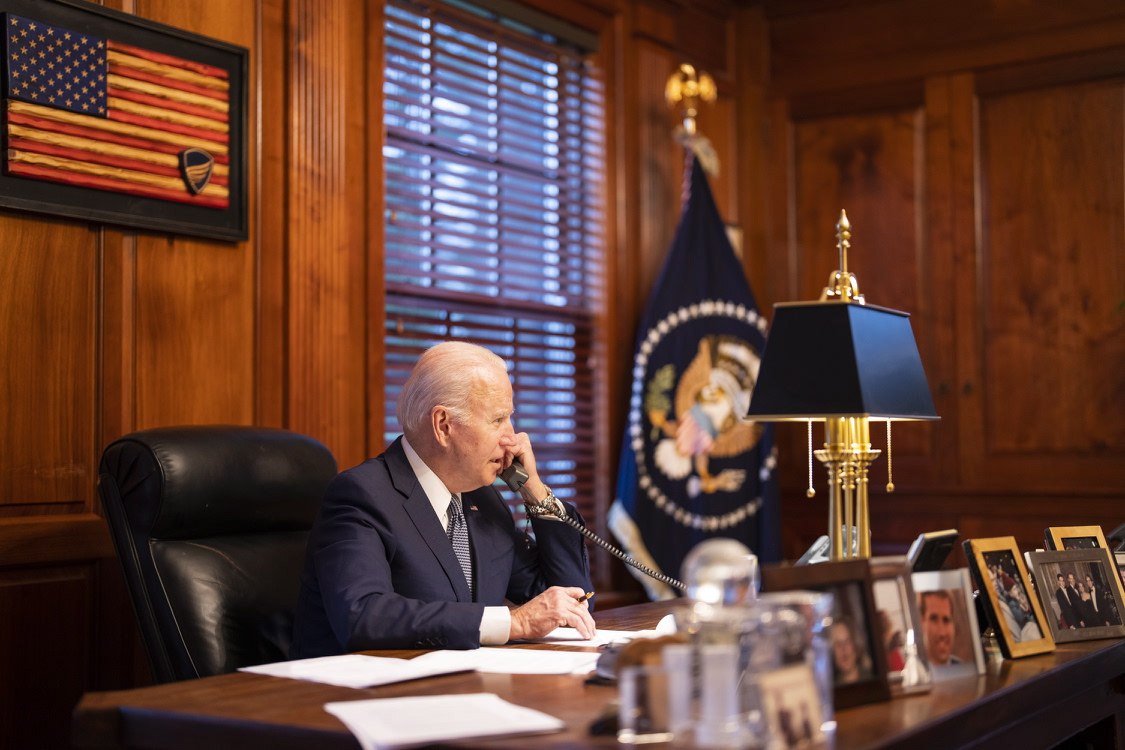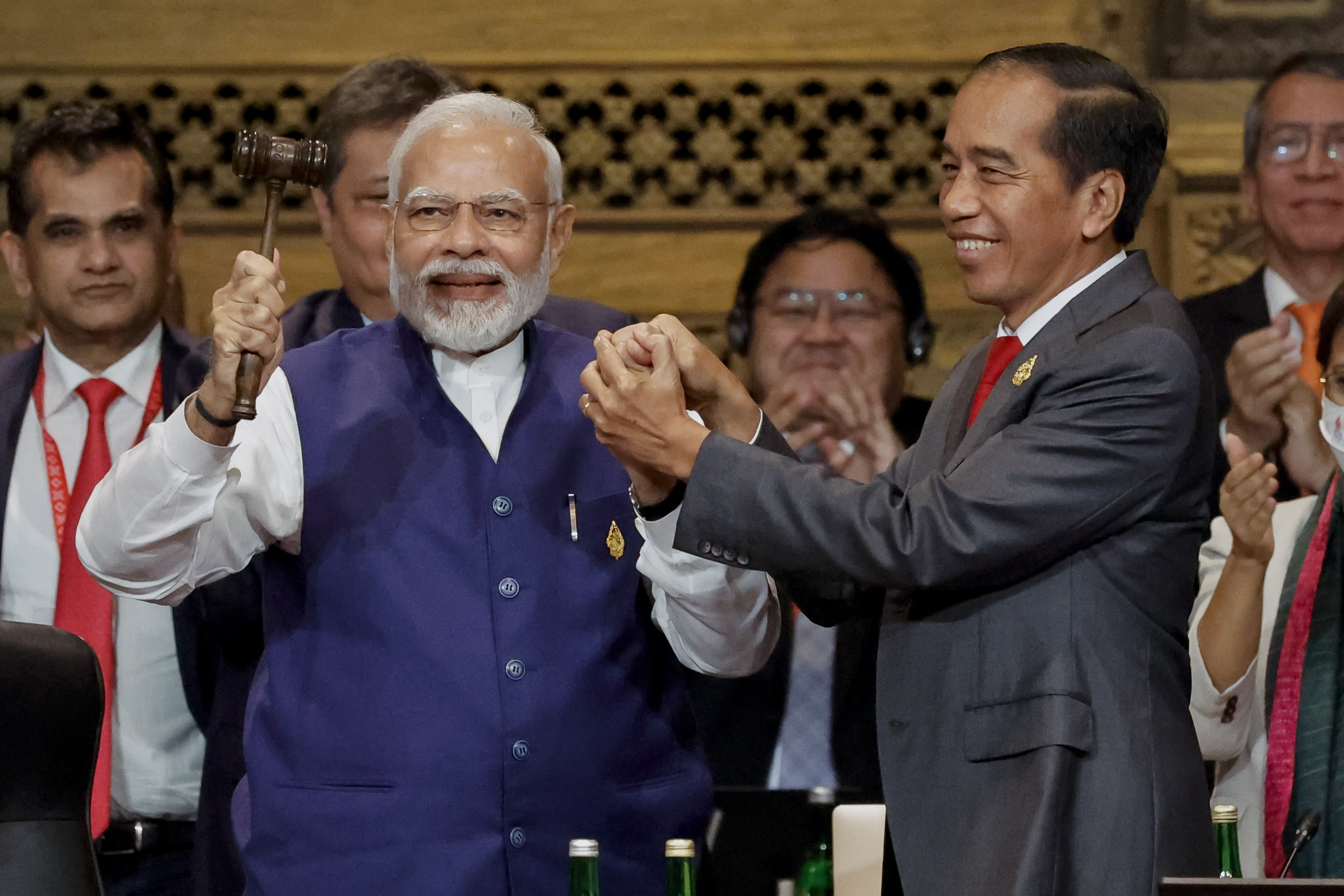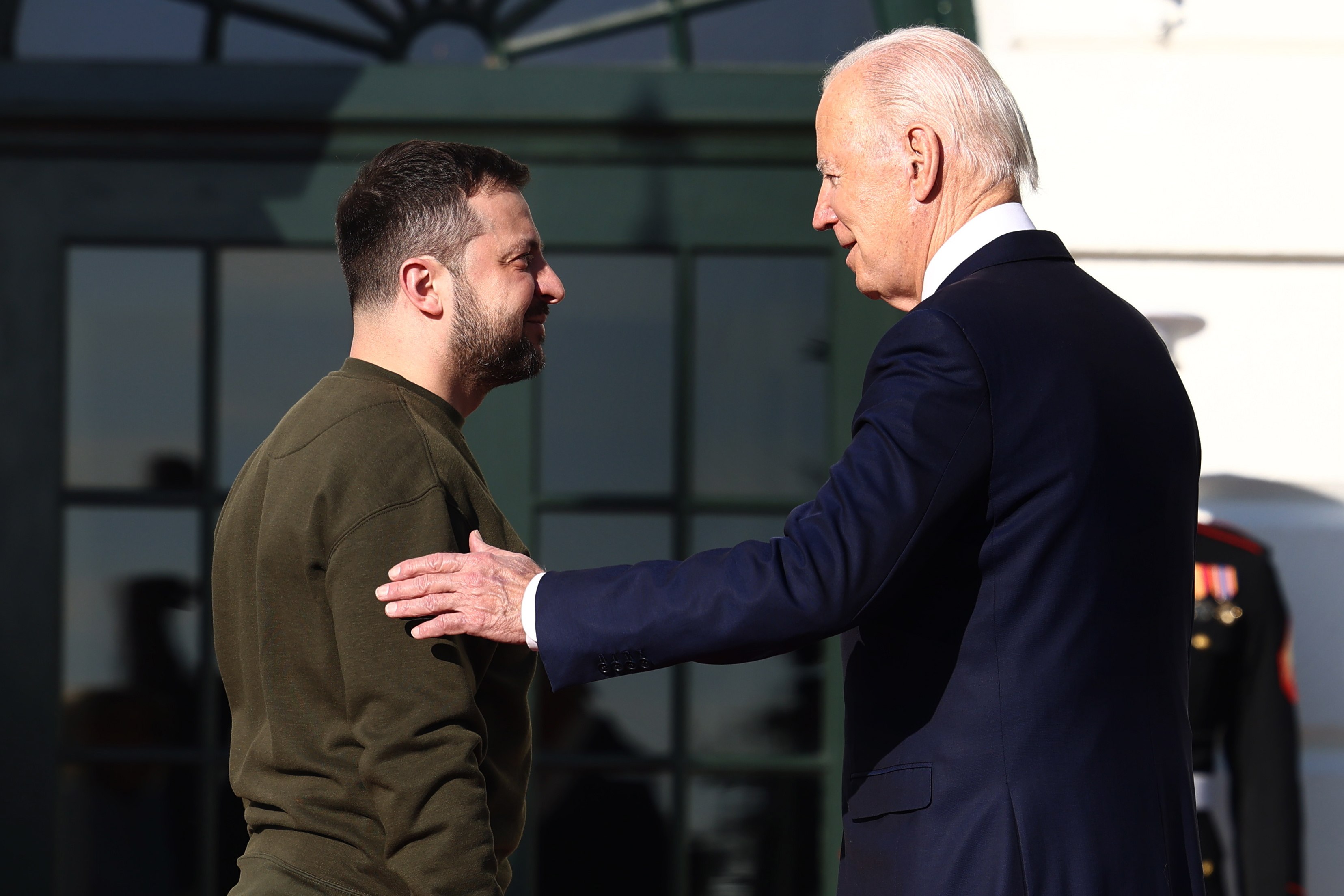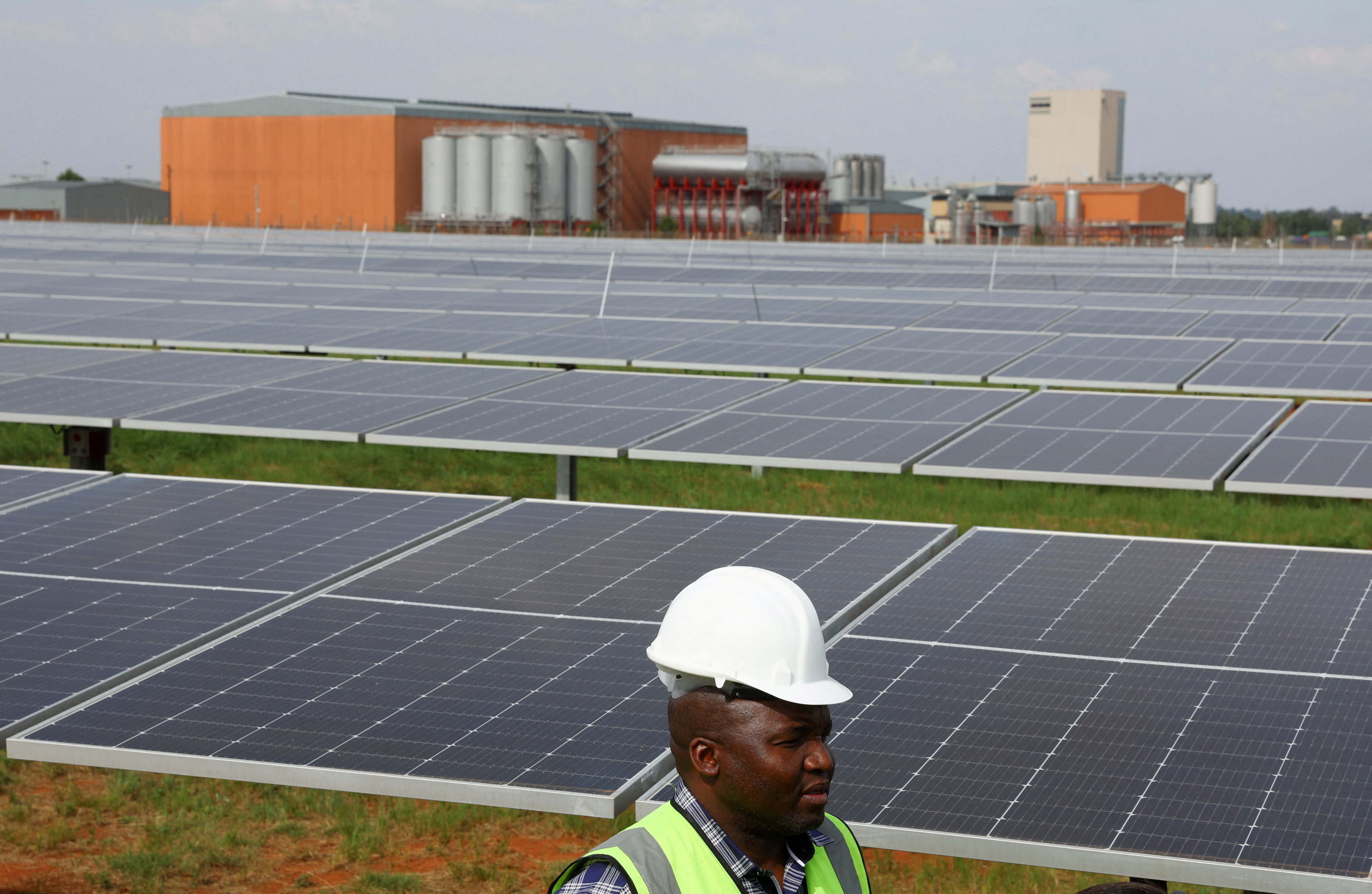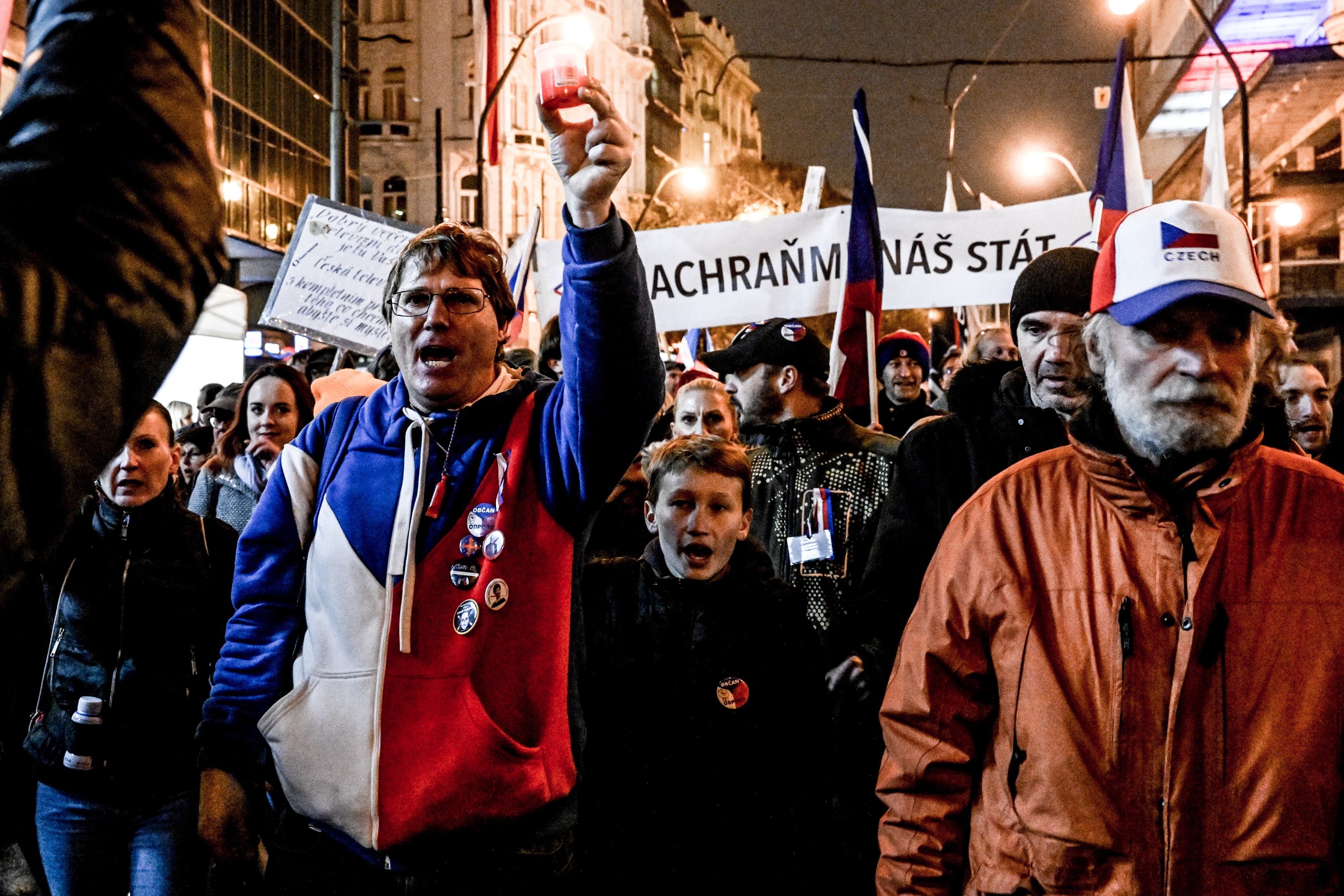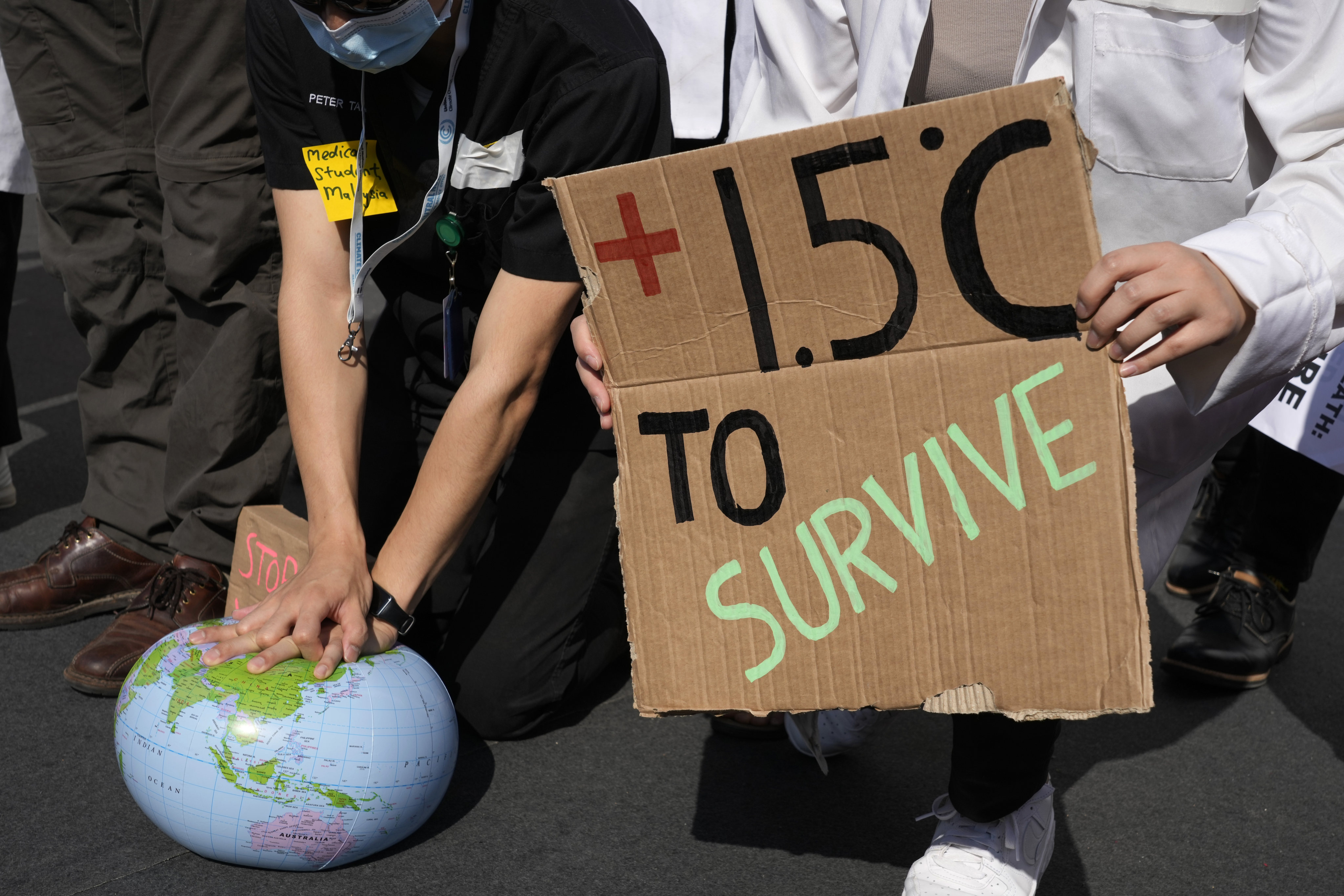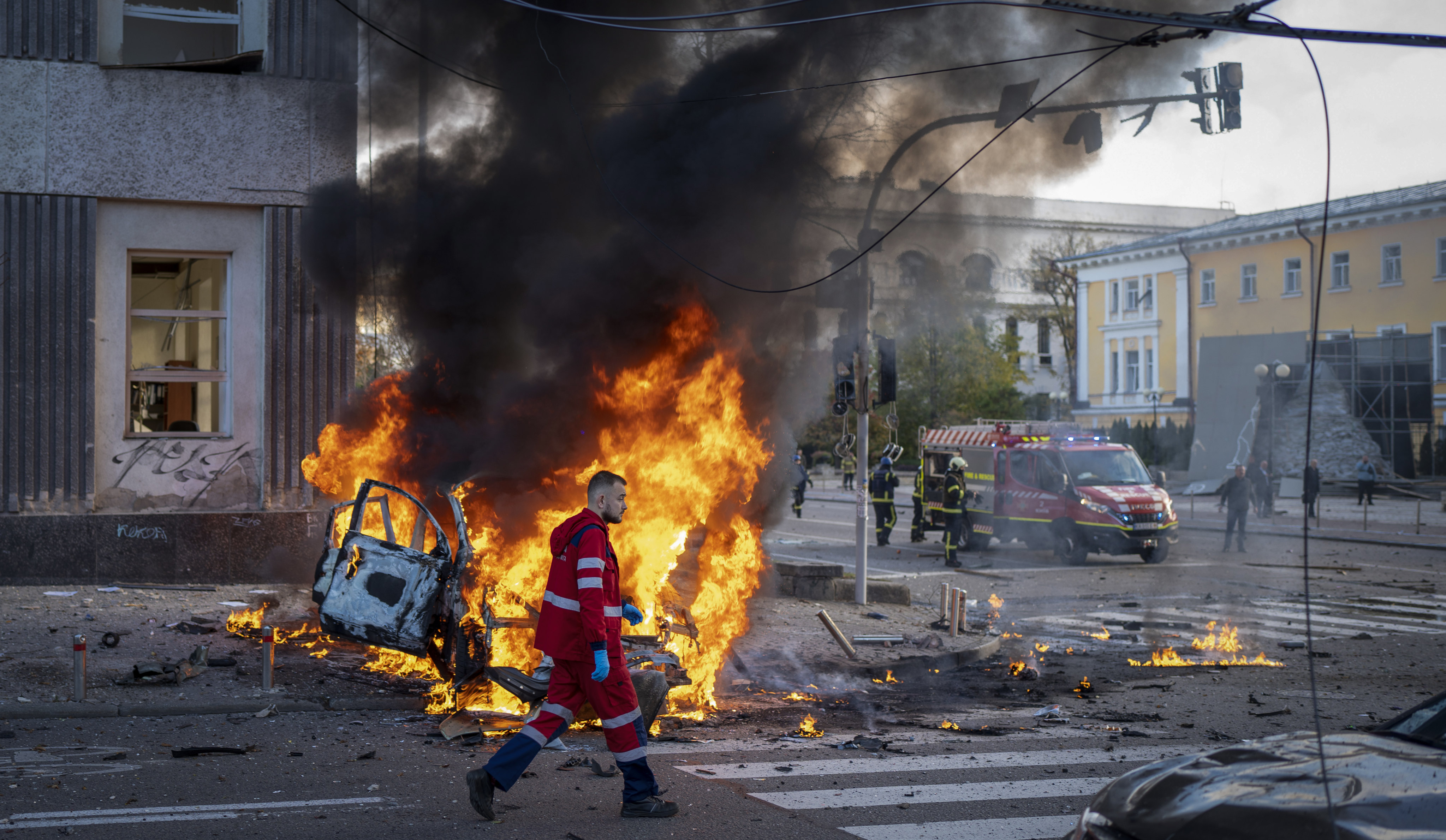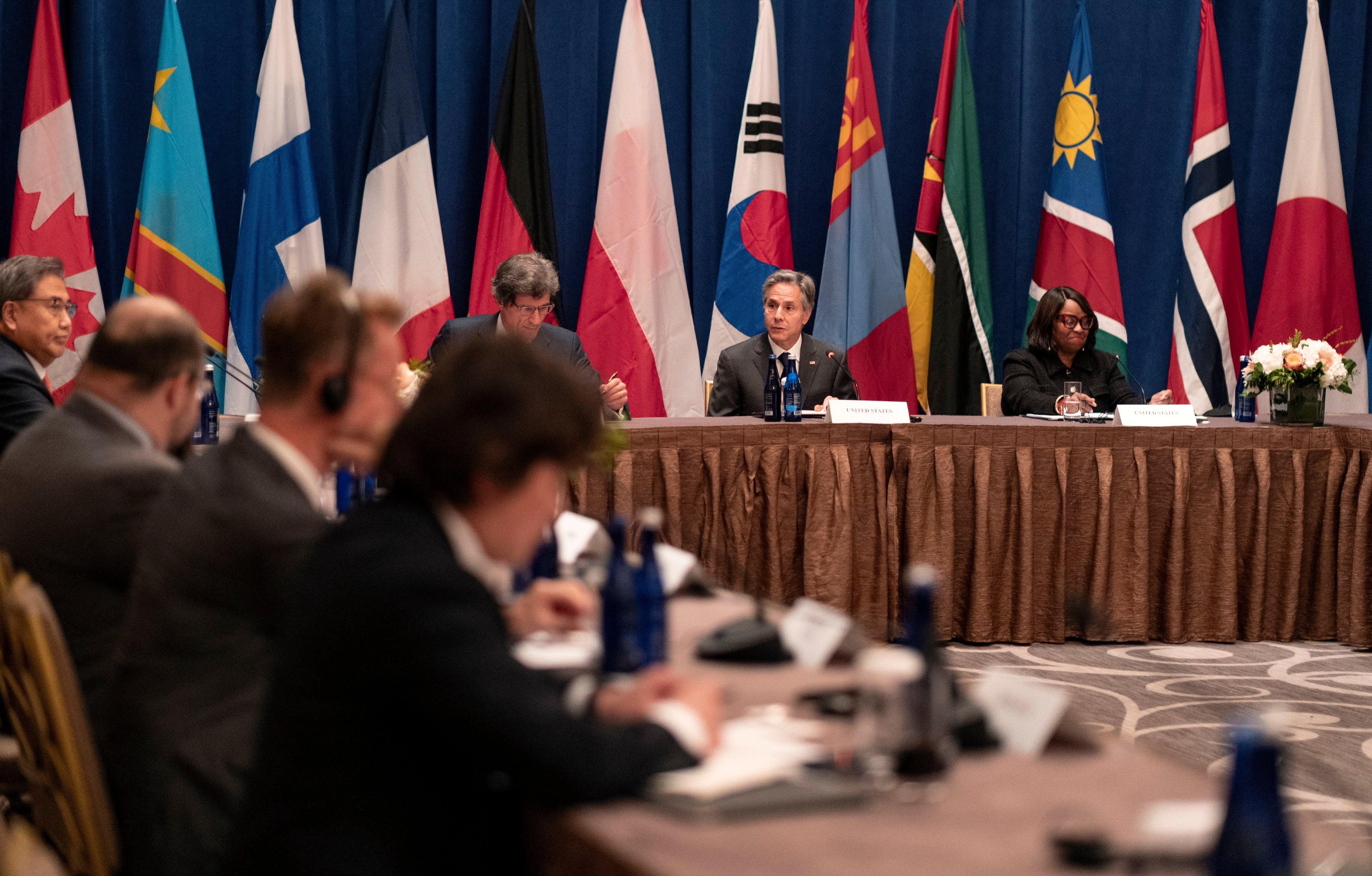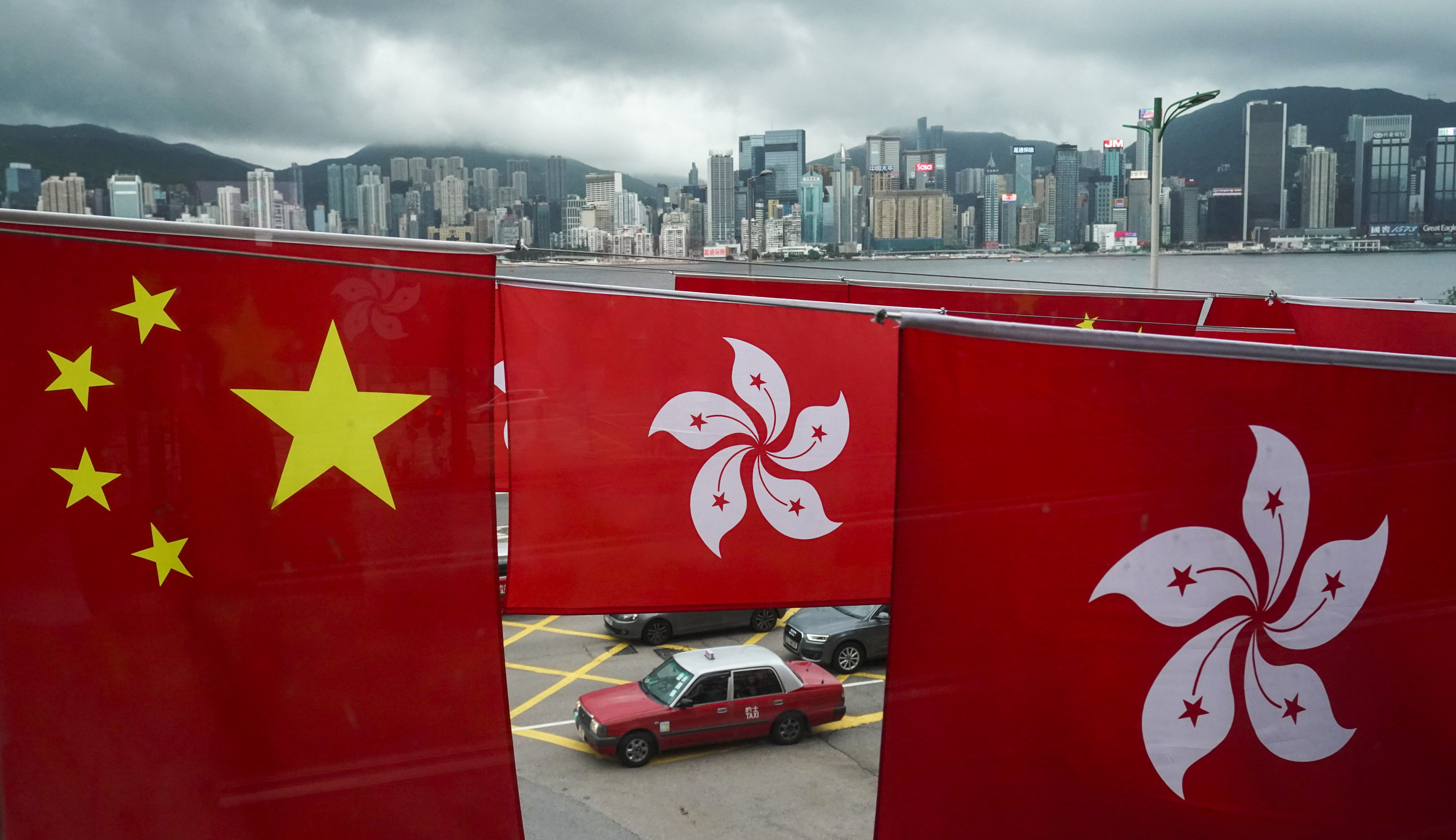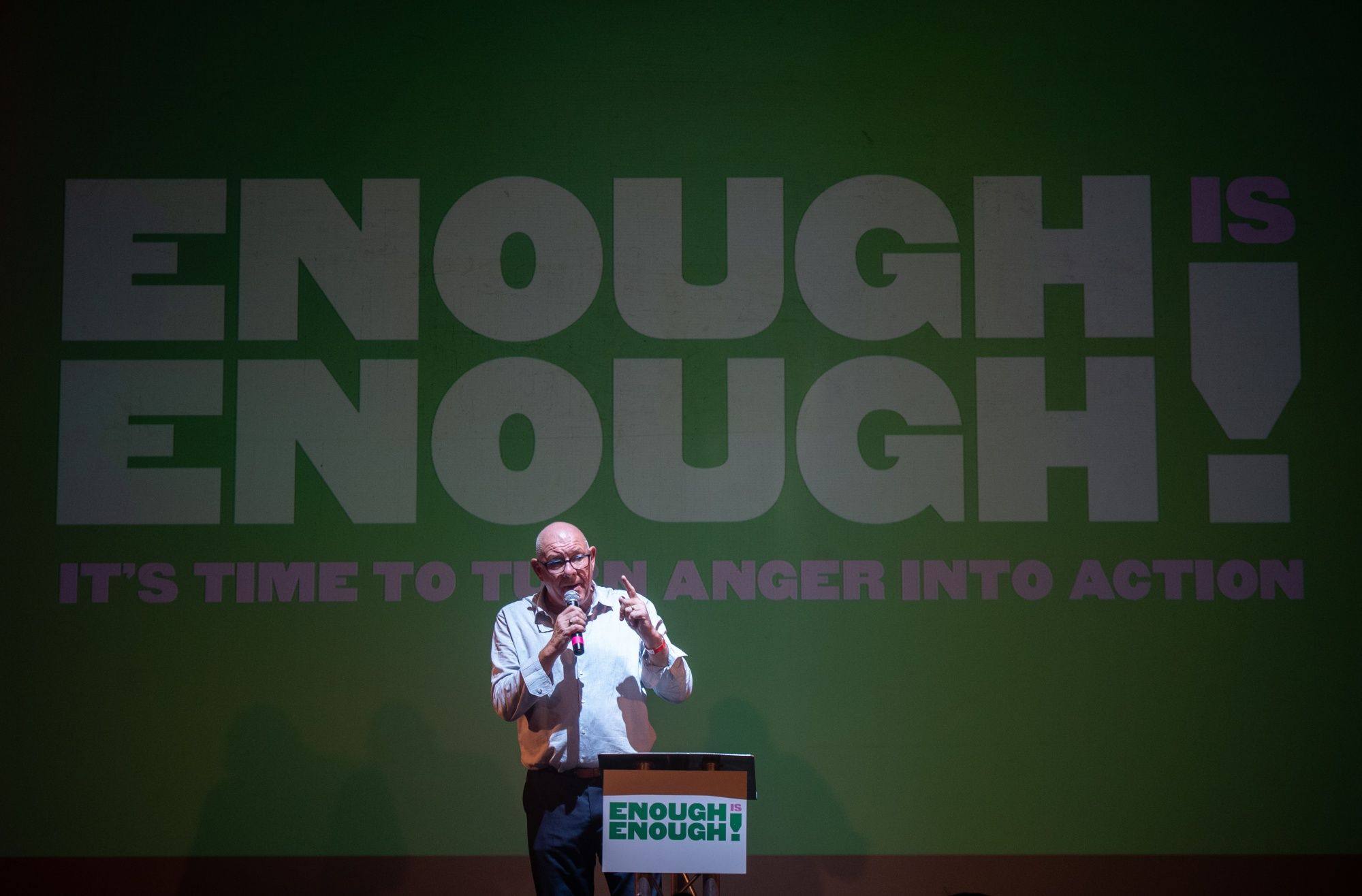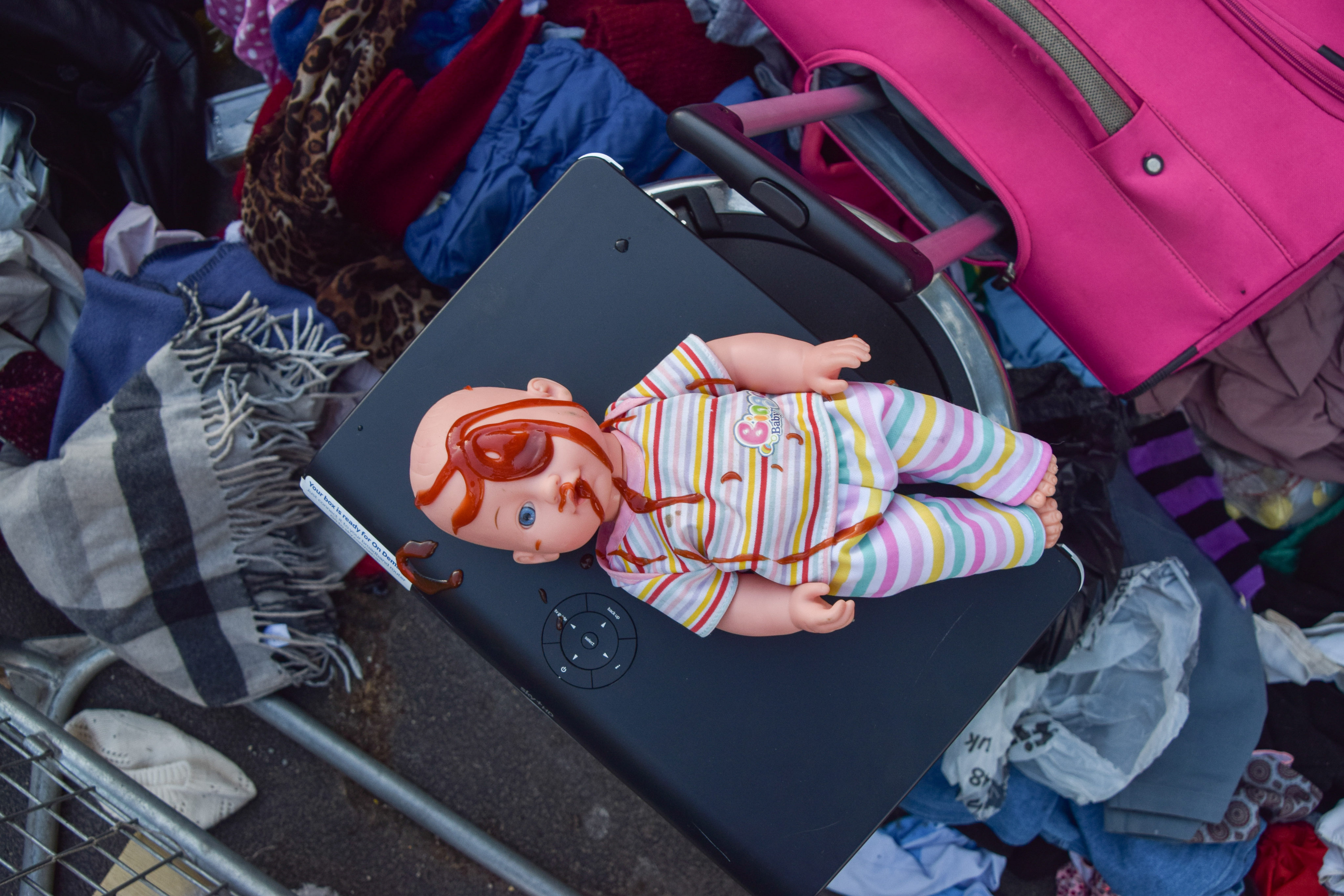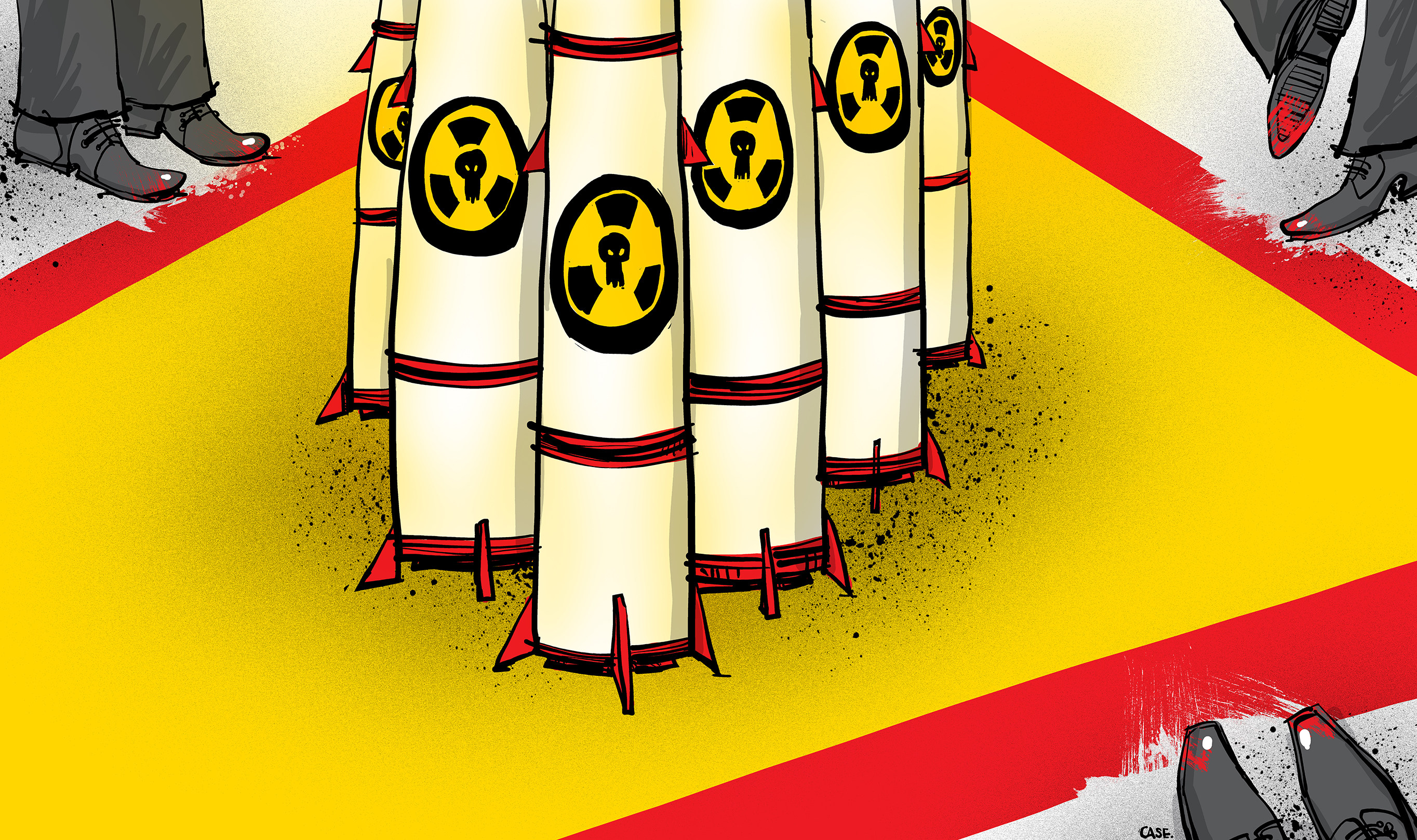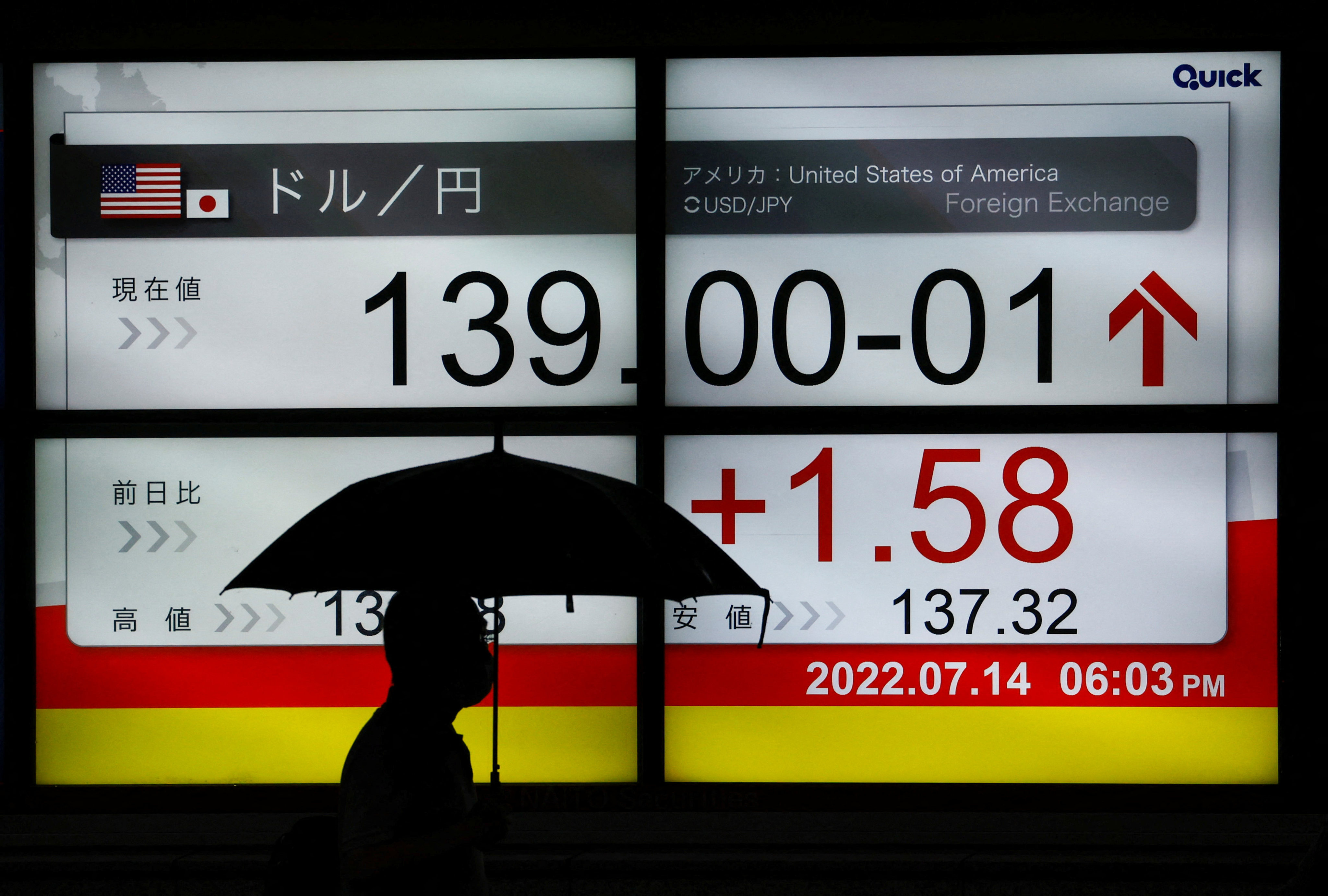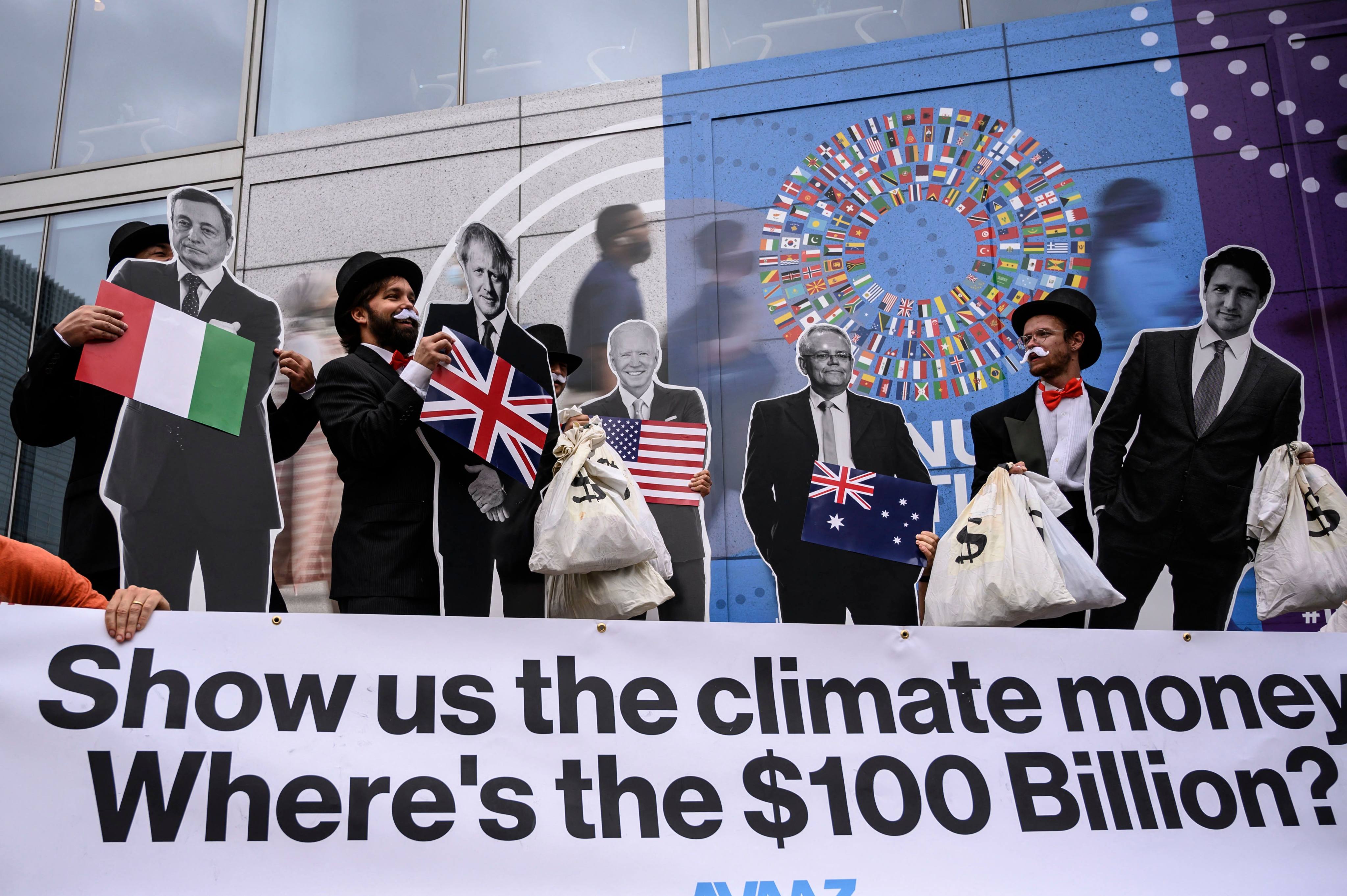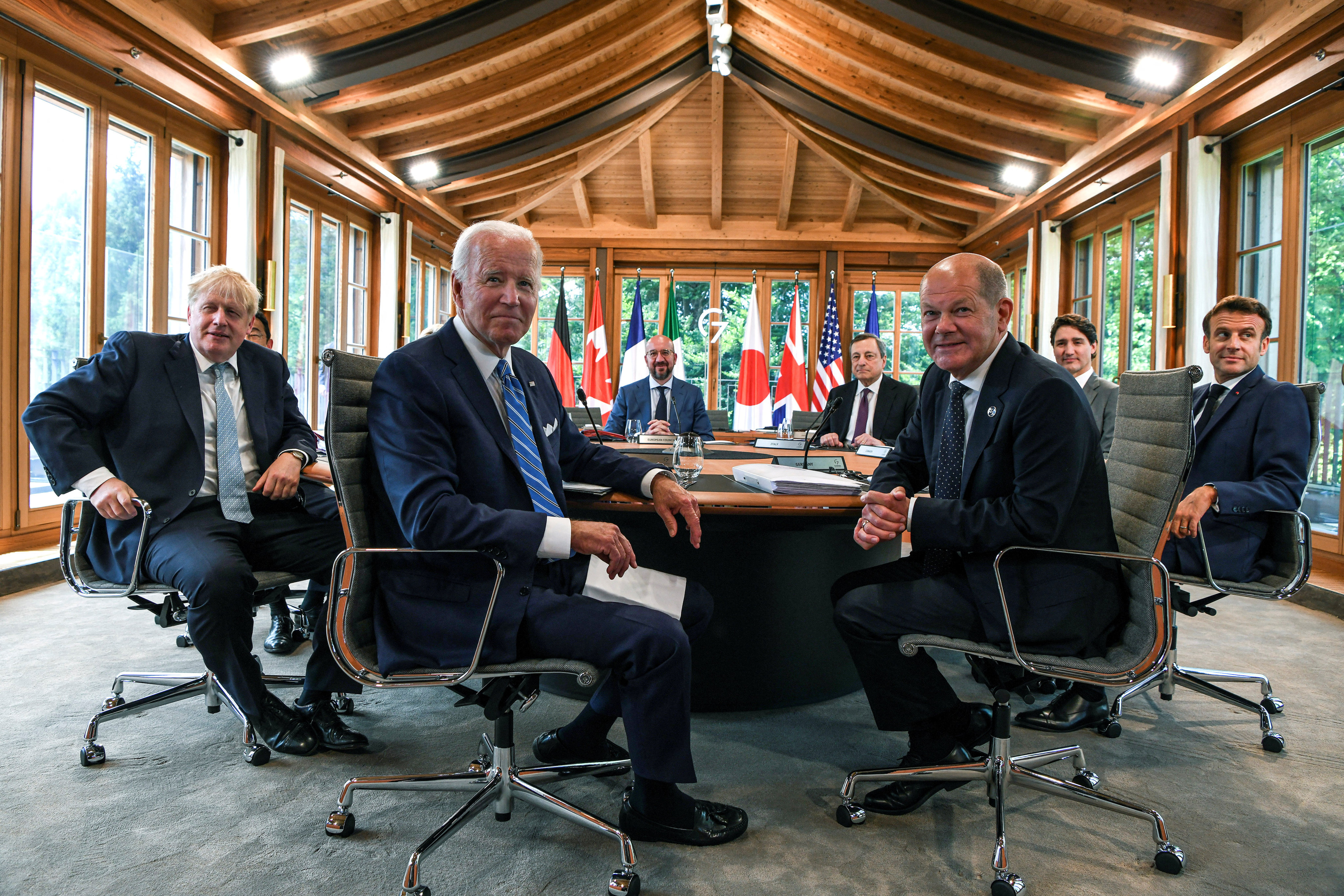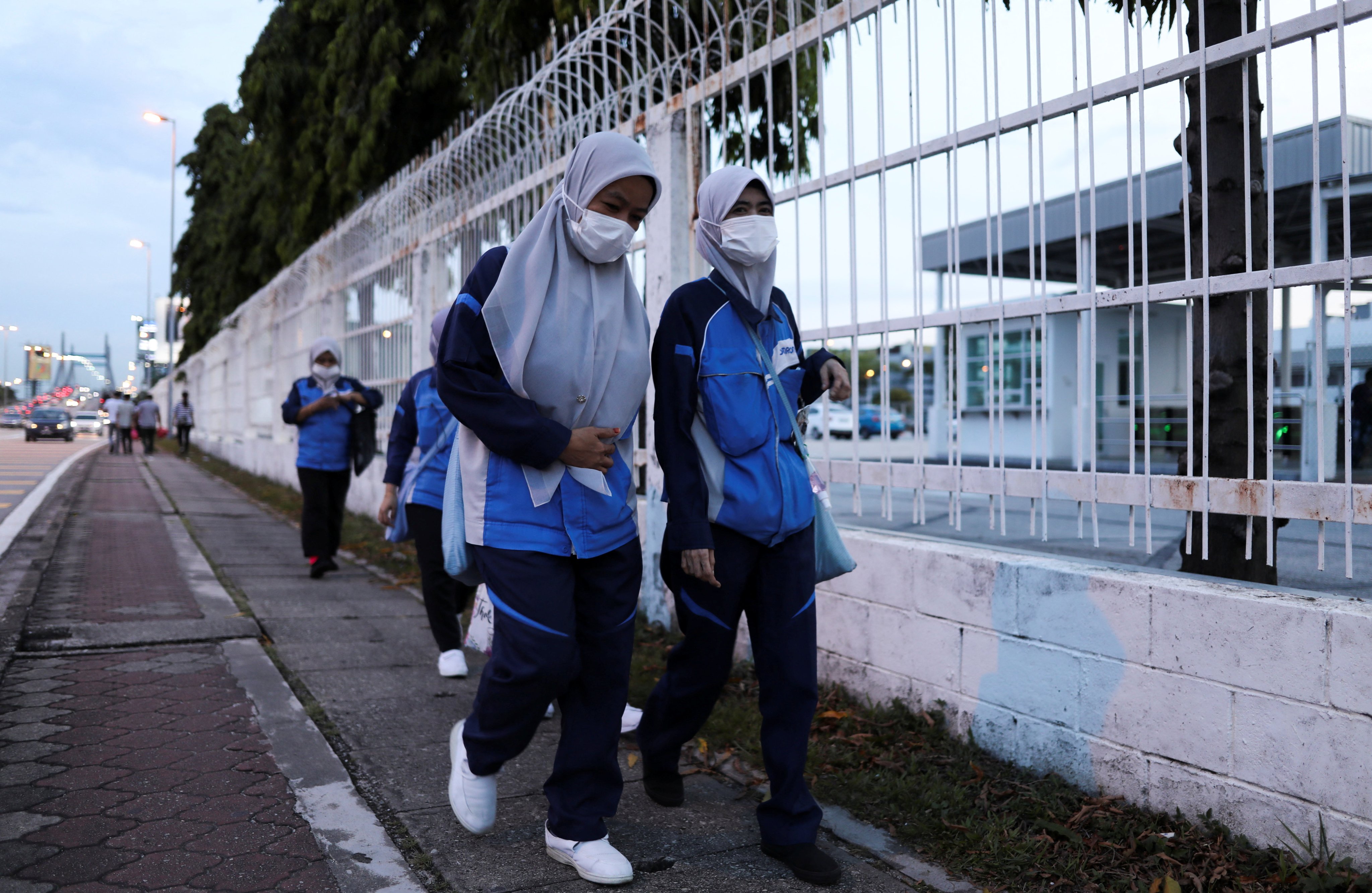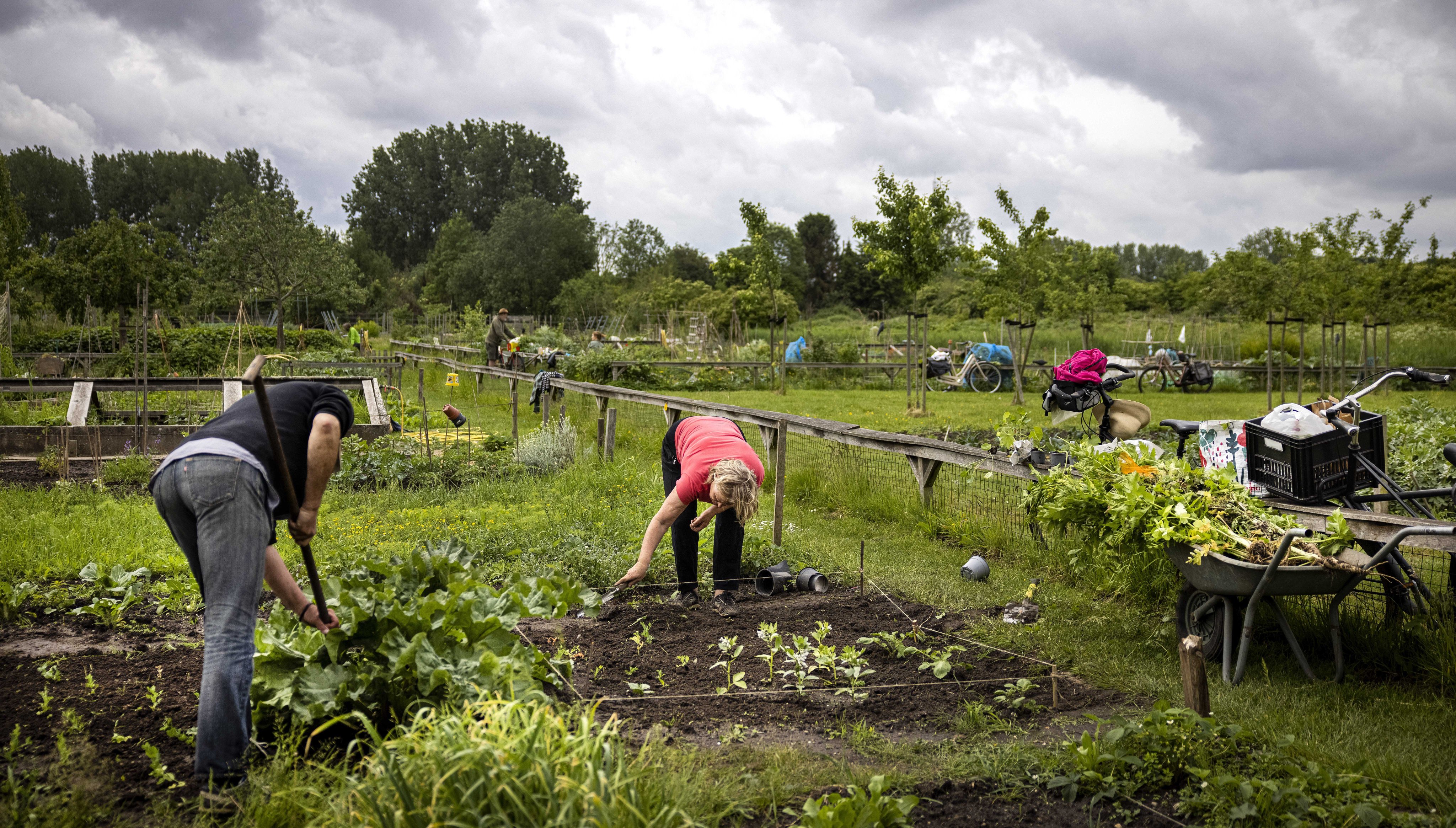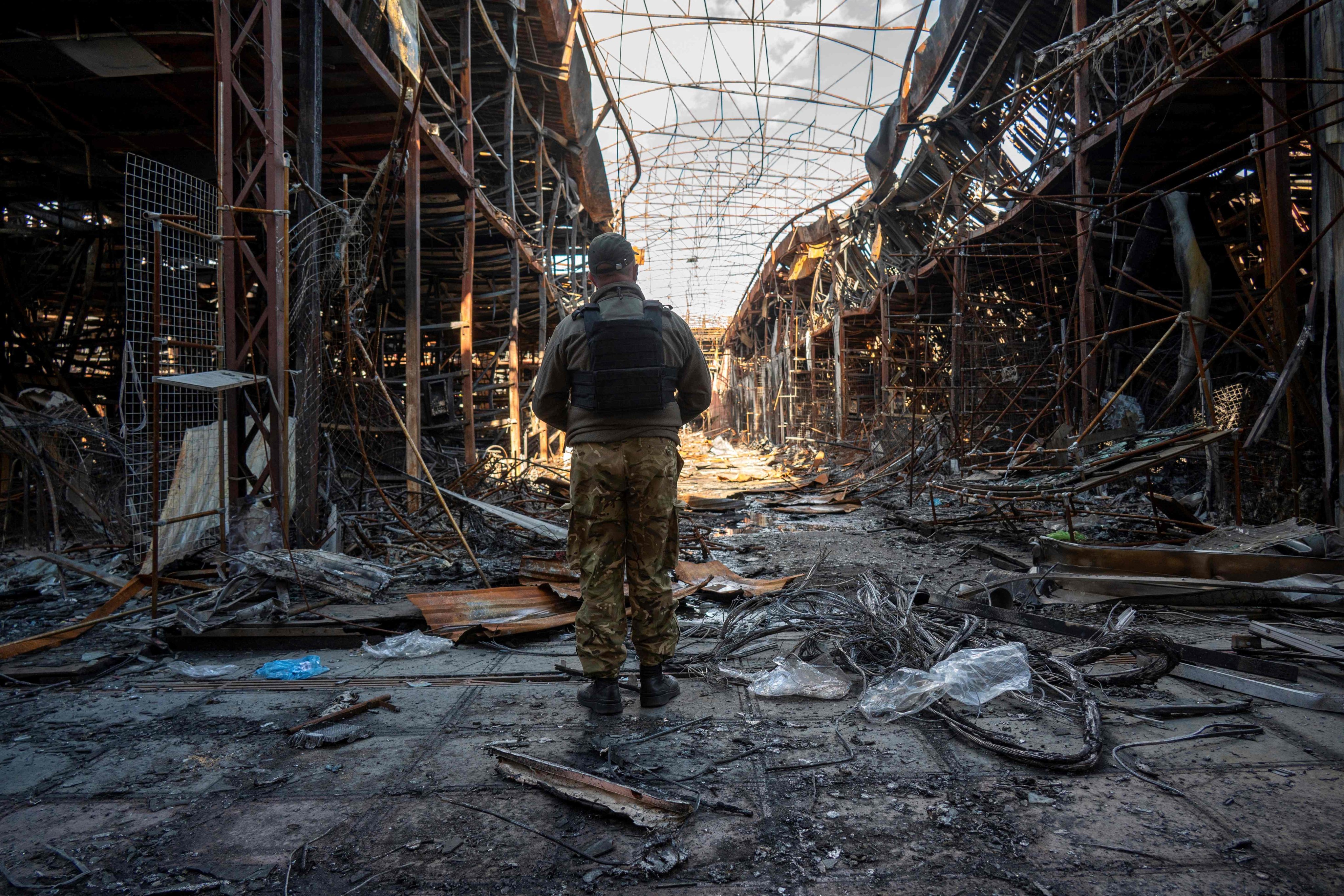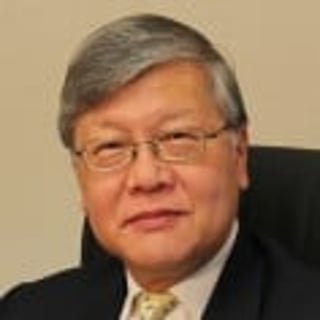
Central banks across the world are responding to the challenge posed by the rise of decentralised finance by creating their own digital currencies to retain control while providing a trusted, transparent, efficient and resilient financial system that avoids scams and enables official oversight.
When elites become predatory through corruption and infighting, their empire or civilisation risks falling through a combination of internal collapse and foreign invasion. Today, elite interests are increasingly out of touch with those of the masses, who want peace, stability, better jobs and healthcare.
The fillip from fast and loose monetary policy has ended, and growth is set to plunge to its lowest level in 30 years. Reviving this requires acting for the long term – and it might take a painful recession to get everyone on board.
Rather than rely on the recently popular ‘Thucydides Trap’, the clashes between Carthage and Rome might offer provide insight into our current predicament. The triumph of political will, military technology and economic power over calls for peace and respect for the environment show how dire succumbing to war can be.
While much as been made of the ‘Thucydides trap’, the Greek historian’s insights are also useful in recognising how emotions fuel war. The US must be willing to end its role as the global cop and share power with the rest of the world to ensure prosperity and avoid catastrophe.
When global finance is used to punish political adversaries and economic competitors rather than promote growth, it undermines a global public good. For the US too, a powerful currency is also a double-edged sword.
Financial contagion fears, a toxic geopolitical environment and a proliferation of sanctions have made investors nervous. When risks are rising and returns are falling, investors can only step with great care.
The war games being played by the US against its two rivals are a combination of chess and Go, in which it must anticipate its opponents moves while claiming as much space on the board as possible. Such a complex game can only end in negotiations with no clear winner, but much damage may be done before then.
Shifting balances of power, the West’s intransigence over Ukraine and the poor outcomes of its foreign interventions have left the Rest wary. The romance with the West is well and truly over.
The West is keeping the fervour of war alive with a one-sided narrative that seals any window of opportunity for peace talks.
When individuals, communities, companies and states want to deal with climate change, they first have to recognise their shared fate and interdependence. Diversity is, after all, what makes life possible.
Western thinkers have themselves long warned that the US-led West cannot thrive on the belief that it speaks for the whole world. The war in Ukraine has underscored the West’s failure both to bring the East under its control and to convince the South to support its messaging.
While the world’s first-class passengers are quarrelling with the business-class travellers, those stuck in the overcrowded economy class are worried about a crash.
The world is on a path to serious global conflict, and great power contestation is contained only by mutual fear of all-out nuclear war. When the path to war is ultimately nuclear annihilation, peace through negotiations, however painful and humiliating, is the only chance for coexistence.
As world leaders drag their heels over climate solutions and who should implement them, communities are seeking to address climate issues at a local level. Funding grass-roots action strengthens local resilience and adaptability, while helping to break the government-corporation deadlock.
The pandemic, war, inflation and livelihood losses have left many around the world feeling desperate. For too long, those feelings have been overlooked by those in power, who prefer to stick to their own mandates.
There can be no short cut for humanity towards social and environmental progress. Change comes from building links between individuals, communities and governments, and this takes work.
Exchange rate shifts reflect fundamental big-picture structural changes, and the strength of the US dollar matters in the geopolitical power game. If the markets perceive that macroeconomic management is flawed, like what happened in Britain, they can be brutal in punishing such mistakes.
With no exit strategy from the war, backfiring sanctions and rising risks of a nuclear escalation, Europe has effectively ceded decisions to the US even as economic loser Germany’s decision to rearm awakens old fears.
America’s shift away from diplomatic solutions towards military ones and its growing debt mountain have undermined its leadership. The problem is that the US-led system is failing but a new multipolar multilateralism has yet to be born.
China and the UK papered over their differences with constructive ambiguity to sign the Joint Declaration. Beijing’s mistake was perhaps trusting that Hong Kong could tackle social injustice on its own, against a backdrop of great power competition.
For social enterprises to truly address the fallout from neoliberalism – such as rising inequality and climate warming – and deliver real change, they need private-sector know-how to tap funding from stock markets, to create social equity markets.
The Ukraine war has split the world into at least three blocs, with US-led alliances vs China and Russia, and a non-aligned bloc that includes India. Containing emerging powers to preserve the status quo is going about it the wrong way to protect Western civilisation.
History may remember the heroes of war, but it is the leaders who succeed in averting conflict that deserve to be celebrated. Without the first brave steps towards conciliation, it is all too easy for tensions to escalate to the point of no return.
As the US dollar surges, Japan’s yen is at its weakest in decades, driving speculation in foreign exchange markets. So far, the Bank of Japan has shown no signs of changing course on interest rates, but if it does, markets could be in for a roller-coaster ride.
Truly delivering net zero and combating social and environmental injustice requires mostly perspiration, which means that real people and companies have to deliver. Financial wizards, meanwhile, can just claim they are doing their fair share by policing ESG.
Nato has assumed the role of final arbiter of the ‘rules-based order’ but in today’s multipolar world, BRICS and other countries in the Global South may have other ideas: what if they want their own Monroe Doctrine?
Even as emerging market economies like Malaysia grapple with the repercussions of the pandemic and Ukraine war, they tend to put off the more difficult structural adjustments necessary for growth. In Malaysia, meagre private-sector investments stems from a lack of confidence in government policies.
With Europe preoccupied by war, the US riven by domestic politics, China struggling with Covid-19, and corporate titans hedging their bets, emerging economies must nurture resilience. The rise of localised food production and distribution shows it is already happening.
Country specialists too often fail to connect the dots between national and global structures. Former diplomat Hans Kuijper charts a new course for country studies which breaks down intellectual walls and uses technology to understand how countries behave.


